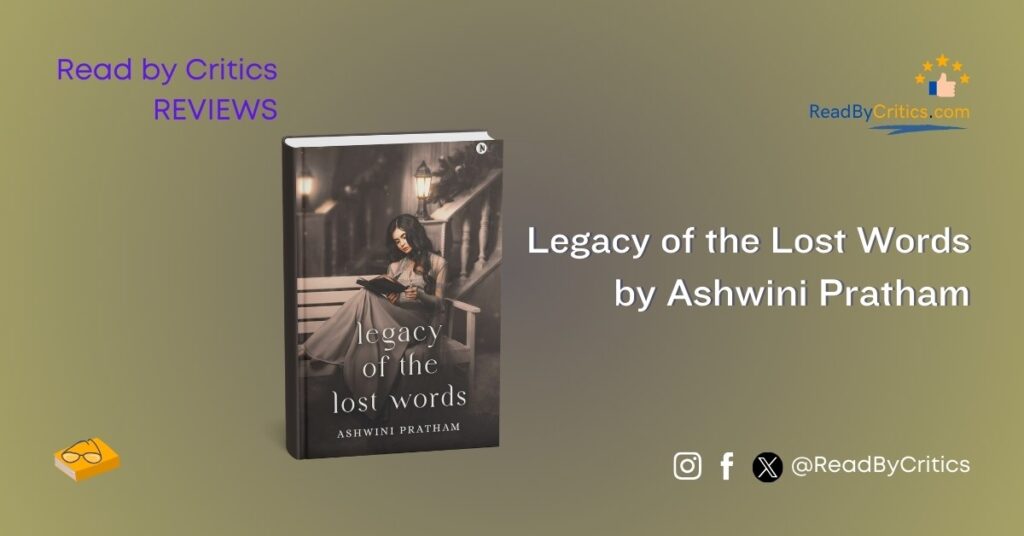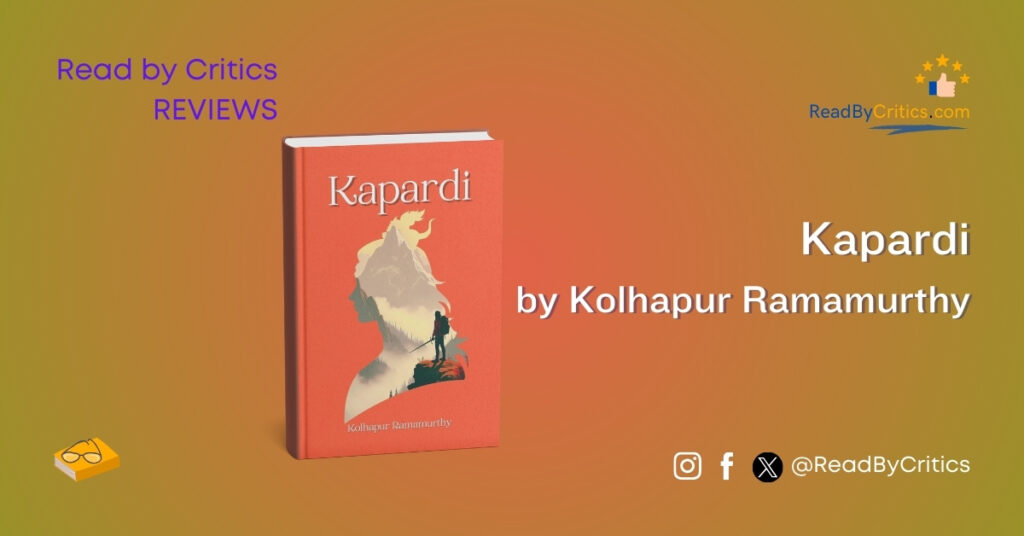After a ‘sensational’ debut The God of Small Things, which won the Booker Prize, Suzanna Arundhati Roy wrote her second novel, The Ministry of Utmost Happiness, in the year 2017 which could only ‘reach’ the final list of a few awards but could not win any of them. Well, it may always be surprising that a novel with a far more complex storyline and a rather mature plot could not impress the judges of these literary awards while a story that was not even adequately supported by good standards of language and was almost dragged down by a half-baked plot went on to receive the honour! Nevertheless, The Ministry of Utmost Happiness has its limitations as well. The novel isn’t for everyone, as many novels by elite novelists are, and even with its limited audience, the novel has many shortcomings that I will explore in this book review article. So, are you ready? Let’s review The Ministry of Utmost Happiness by Arundhati Roy!
(Alert: just ignore those keywords on the cover – breathtaking or unmissable or magical. Marketing gimmicks.)
Basic Introduction:
The Ministry of Utmost Happiness by Arundhati Roy promises to present a complex and politically charged narrative. It is set against the backdrop of contemporary India, which is, in turn, loaded with a few key turns in Indian political history. Roy has carefully picked her incidents. The novel, no surprises there, received mixed reviews and responses from critics, readers and book reviewers. While it garnered praise for its evocative prose and social commentary, the novel was also criticised for the lack of character depth and authenticity in terms of treatment that the novelist has given to the storyline and the plot. In this review, I will try to provide a detailed and analytical assessment of the novel, focusing on its shortcomings concerning plot development, characterisation, and the authenticity of the storyline. You are most welcome to let me know your thoughts in the comments section. I will try to respond to as many as I can.
Plot Development – perplexing with the complex webs:
One of the significant shortcomings of The Ministry of Utmost Happiness lies in its plot. Does it develop? Can you notice any progress? The narrative structure tends to be fragmented, weaving together multiple storylines and characters without a clear sense of cohesion. Though a few critics might tell it a win for the novelist because she could somehow heave the load of myriad storylines and put them to an end (their respective ends, however?), would they have done the same if this task was to be taken by some novice in the craft of fiction? It stems out of bias for someone with a weight of awards on her back! By reading the novel, anyone can apparently notice that the transitions between different plot threads can feel disjointed and abrupt, making it challenging for readers to fully engage with the overarching storyline. The novel’s meandering plotlines and lack of a well-defined central conflict can result in a sense of narrative aimlessness, leaving readers searching for a cohesive and satisfying resolution that the novel seldom reaches. Though it can be argued that the same might have been the motif of the author, it certainly does not help the majority of readers!
Characterisation – mere caricatures to carry the burden of biased whims:
It is true that The Ministry of Utmost Happiness features a diverse cast of characters. However, in its depths, the characterisation often falls short of providing readers with a deep connection and understanding of their motivations and inner lives. While some characters appear underdeveloped, lacking the necessary depth and complexity that would enable readers to form strong emotional connections, many others only appear to carry out the role of agents taking forward the ideas and notions of the author rather than actively participating in the novel’s storyline, adding something to the plot or performing some action as free individuals (actions which could resonate with readers). Moreover, the novel suffers from the frequent introduction of new characters. As it happens without adequate development or resolution, it does lead to confusion and dilutes the impact of the narrative. What begins as a promising display of characters and inflates readers with a hope to witness an intense episode of complex characters coming together with their layered courses of actions, just strangles itself with an anticlimactic development and unimpressive ending. Perhaps a profound display giving readers an opportunity to witness anticlimax in literature first-hand!
Storyline – Lacking Authenticity:
The authenticity of the storyline in The Ministry of Utmost Happiness has also been subject to critique. While the novel touches upon significant socio-political issues and conflicts in India, such as religious tensions and the Kashmir conflict (which the novelist raises with the lines that Pakistan and the terrorist groups operating from Pakistan soil raise; and it’s utterly surprising but not ‘not expected), some critics argue that the portrayal lacks nuance and depth. For instance, the issue of gender identity that Roy raises passionately at the beginning of the novel fades into the background and mutates into unwarranted political commentary – is it worth throwing a serious issue in the mud to comment about issues that seldom resonate with readers at large? Moreover, the novel’s depiction of these complex issues can veer towards simplification, resulting in a less nuanced exploration of the political landscape and potentially undermining the novel’s attempt at social commentary. It is also worth noting that the novelist’s depictions and treatment of the issues raised in the storyline are from her subjective point of view, leaving no space for what ‘others’ think about these complex social subjects. The lack of confrontation, as we might observe in Amitav Ghosh from time to time, leaves Arundhati Roy’s novel elusive for common readers who want to understand both sides. Additionally, the inclusion of certain magical realism elements, while characteristic of Roy’s writing style, can at times feel disconnected from the core themes and disrupt the overall coherence of the storyline, in strictly technical terms, leaving readers disengaged and rather disillusioned, after a few pages into the book.
Key Takeaways:
1. So, it comes out that the novel’s fragmented structure and lack of a cohesive narrative arc can make it difficult for readers to fully engage with the story and its themes.
2. Readers, after some time, can feel the need for a more focused central conflict and stronger plot development to enhance reader involvement and investment in the novel.
3. You will also notice that some characters lack depth and fail to leave a lasting impression on the reader.
4. Other than the novelist’s treatment of socio-political issues that lack the necessary nuance and depth, the potential oversimplification of the complex conflicts might not be helpful for the novel’s overall impression. One can also add a biased analysis of the incidents that leave no room for a conflict of ideas. It becomes monolithic or singular.
Conclusion:
The Ministry of Utmost Happiness by Arundhati Roy showcases evocative prose and addresses important socio-political issues, but it falls short in terms of plot development, characterisation, and the authenticity of the storyline. While it might have been the soul of the novel, the fragmented narrative structure cannot hold the ambitious maze of storylines that find no resolution of a justified gravity! In addition, the underdeveloped characters and oversimplified depiction of complex social and political issues further hinder the novel’s overall impact and severely affect reader engagement opportunities. In the end, a common reader is left betrayed despite so much hype around the second novel by Roy! It is also the critics who appreciate something in this novelist and vehemently criticise the same in someone else with no political or ideological backing.
Review by Ashish for ReadByCritics
The Ministry of Utmost Happiness by Arundhati Roy – Book Review
-
ReadByCritics Critical Rating
Summary
Pomp and hype aside, there is too little (if not nothing) in the novel that will hold a common reader of Fiction… and a length of 464 pages is too much, to be honest!





1 Comment. Leave new
A quality book review of the novel by Arundhati Roy… I too had hopes from this one but everything shattered just like that. Did not enjoy it at all! No pace and no story that one could relate to… as far as common readers are concerned.